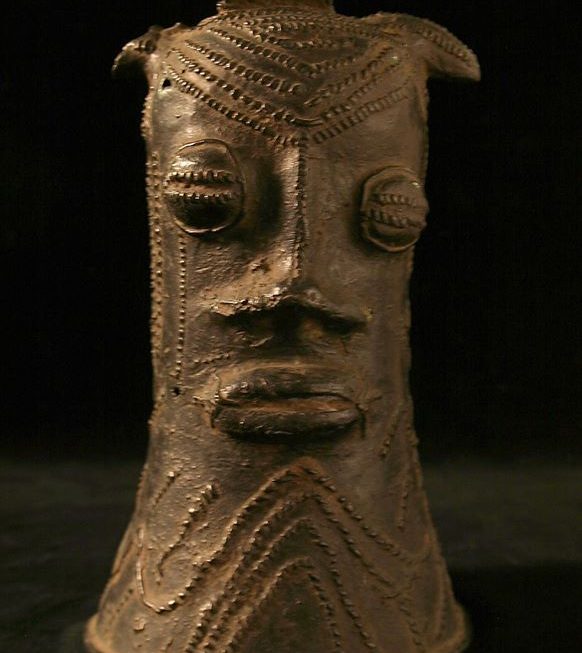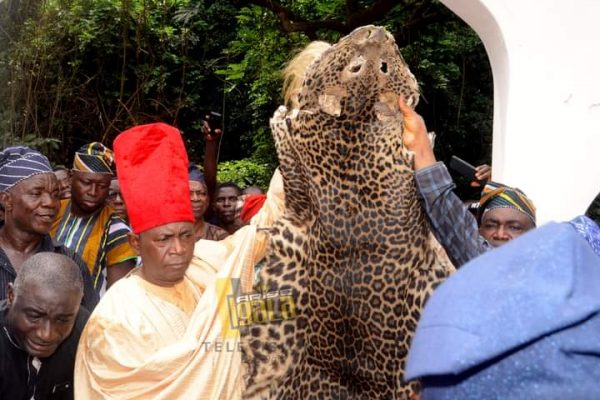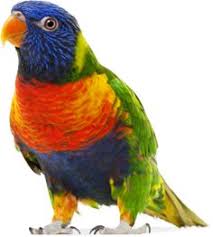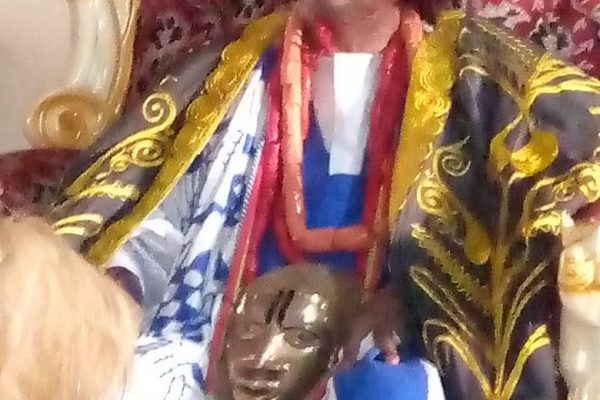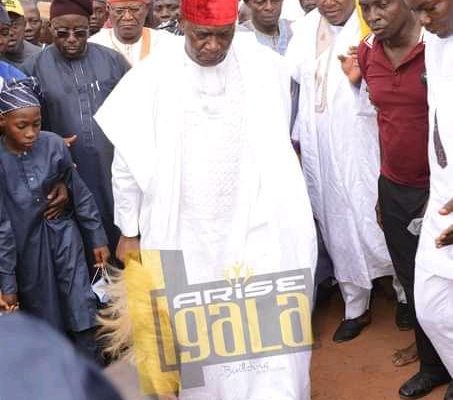Welcome back, ki-gala.com We are awfully sorry to announce that our Igala studies website, https://www.ki-gala.com, is back on the Internet. We had some technical issues but are glad to say we have put that behind us. You, our esteemed visitors, are welcome back to the website. While on break, certain happenings have taken place around the world and our nation. On the international scene, the Ukrainian war still lingers and has precipitated hikes in food […]
The Psychology of African Royal Cognomens
Merriam Webster Dictionary (1828) defines ‘cognomen’ as a “distinguishing nickname or epithet.” In several cultures of the world, boys that have just attained puberty are likely to seek attention, particularly from their female counterparts. Their innate AGM (Attention-Getting Mechanism) triggers the adolescence crushes that they exhibit, including taking ego-massaging nick-names. An excited teenage boy is wont to declare: “Òmi àkpòlì” (I, the tempest). Another may take the appellation of “Ọ̀kákwū” (Hippopotamus) or “Ọ̀nyẹ̀” (Crocodile). All […]
We Thank Thee for 2021, Good or Bad
James Travis Reeves, popularly known as ‘Jim Reeves,’ was a world-renowned country music hero and the singer of the epic song, “We Thank Thee,” which had remained top of the chart till he passed onto greater glory on July 31, 1964 in a plane crash. According to Wikipedia, “Gentleman Jim,” as he was fondly called, was immortalized in both “the Country Music and Texas Halls of Fame.” Jim Reeves, in that musical masterpiece, appreciated the […]
IGALA CROWNS NEW PRIEST-KING
For Prince Matthew Àlájì Ọ̀pàlúwa Ògwùchẹ́, Wednesday, November, 2021, a market day in the ancient town of Idah (Ídá), was an unforgettable milestone in his life, being the day he was installed the 27th Ata-Igala of the ruling Third Dynasty. A descendant of the Àámẹ-achọ Ruling House, Àlájì had, nine days earlier, commenced his pre-coronation rites at Ugwọlawo in Òfù LGA. On that day, he was conferred the preliminary Aidoko-anya title. In his signature post-installation […]
King-Designate Converting To Divinity
Miles Clifford, in his book, A Nigerian Chiefdom: Notes on the Igala Tribe in Nigeria and their “Divine King,” juxtaposes “the Idah chiefdom…and the Jukun chiefdom of Wukari,” This is not surprising, considering the long cultural association that the two groups had shared in Medieval times of Apa or Kwararafa confederacy. C.K. Meek, in A Sudanese Kingdom: An Ethnological Study of the Jukun-speaking Peoples of Nigeria, remarks that “According to early British explorers of the […]

